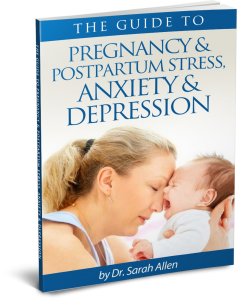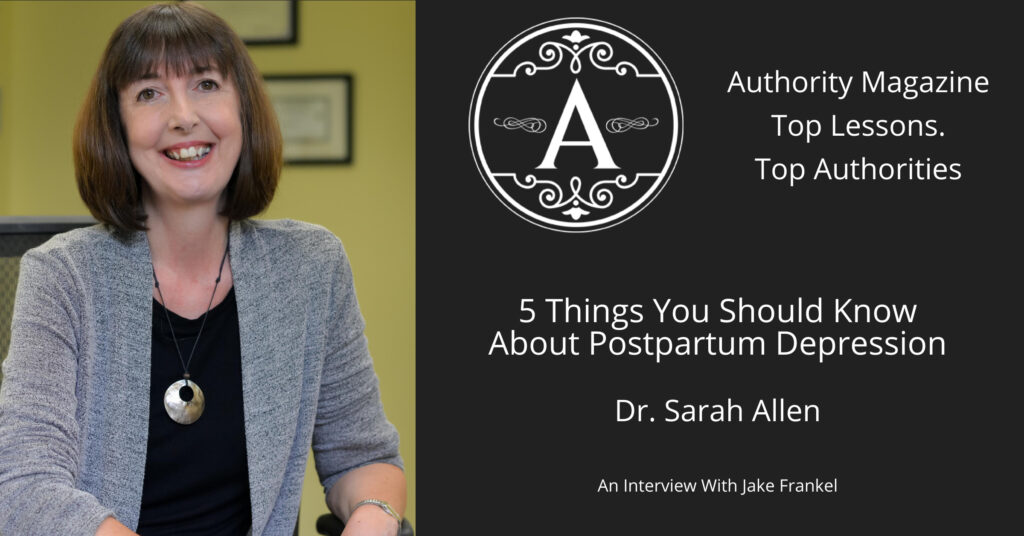
It’s really hard to have a baby that is crying from colic. It can make a mom feel quite helpless, frustrated and overwhelmed, especially when you are tired. The colicky phase does end but while you are in it it can seem to go on forever.
When a baby frequently cries intensely and seems uncomfortable, it might be due to colic, a common but stressful experience for both the infant and the parents. Colic is defined by episodes of crying for more than three hours a day, for more than three days a week, for three weeks in an otherwise healthy child. This can be a trying period, not just because seeing our baby in distress is painful but also because it can be frustrating when the usual comforting methods don’t work.
Understanding colic, its reasons, and coping methods are crucial for parents. It helps us handle these challenging moments more effectively, ensuring both the baby’s comfort and the parents’ well-being. As we gather insights from pediatricians and mental health specialists, we can develop strategies that address both the baby’s symptoms of colic and the emotional strain it causes. This article aims to outline these strategies and provide reassurance that with the right tools and support, managing colic can become more manageable for parents.
Understanding Colic in Babies
Colic is a mystery that continues to puzzle even seasoned experts. What we do know is that colic is a condition that can affect any baby, regardless of their health, feeding method, or environment. Generally, colic is characterized by intense and prolonged periods of crying or fussing in a perfectly healthy infant, usually starting a few weeks after birth and improving by the time they’re about three to four months old.
The exact causes of colic are not definitively understood, but several theories suggest contributing factors. It could be related to the immaturity of the baby’s digestive system, which causes pain from gas or indigestion. Others believe it could be a sign of a developing nervous system that is overly sensitive to stimuli. Furthermore, the transition from the womb to the external world is another major adjustment, and the way each baby copes with this can vary widely. Each of these factors can contribute to what we recognize as colic symptoms.
How Colic Affects Parental Mental Health
The impact of a baby’s crying extends beyond just the need to comfort the baby; it deeply affects parental mental health as well. Continuous crying can lead to feelings of helplessness, frustration, and even failure. Parents might worry they are doing something wrong or that their inability to soothe their baby reflects on their capabilities as caregivers.
These feelings are compounded by the fact that a colicky baby often disrupts sleep patterns, leading to sleep deprivation for the parents. Lack of sleep can exacerbate stress and irritability and can even lead to serious mental health issues like depression or anxiety. The constant stress and worry about the well-being of their baby can make any parent feel overwhelmed.
It’s important to acknowledge these feelings and recognize that they are a common response to a challenging situation. By understanding that colic is a temporary phase and not a reflection of one’s parenting, caregivers can find a bit of solace, reminding themselves that they are doing their best in a tough situation.
Strategies to Soothe a Colicky Baby
Dealing with colic can be tough, but there are strategies we can adopt that might help soothe a colicky baby. One widely recommended technique is to create a calming environment. This might involve dimming the lights and playing soft background noise or white noise, which mimics the sounds they heard in the womb. Gentle, rhythmic movements like rocking or swaying are also comforting for babies.
Additionally, consider the possibility of food sensitivities. For breastfeeding mothers, altering your own diet by avoiding potential allergens like dairy, caffeine, or spicy foods could help, as what you consume can affect your baby through breastmilk. For formula-fed babies, consulting with a pediatrician about trying different types of formula can be worthwhile.
Regular, gentle stomach massages can help relieve gas and digestive stress, contributing to colic. Always ensure your baby is calm when you start and stop if they seem uncomfortable. Lastly, establish a calming bedtime routine to help ease their transition to sleep. While not all strategies work for every baby, experimenting carefully can lead you to find a method that eases their discomfort.
8 Quick Tips For Dealing With Colick
1.Use Gentle Sounds: Babies are often soothed by repetitive, gentle sounds, similar to those they experienced while in the womb. Try white noise machines, fans, or even the sound of a running washing machine to help soothe your baby.
2. Swaddle Your Baby: Swaddling can help recreate the comforting tightness of the womb. Make sure your baby is swaddled securely, but not too tightly, to provide a soothing environment.
3. Try a Pacifier: Pacifiers can offer comfort. Sucking on a pacifier can provide a calming effect and help soothe your baby when she’s upset.
4. Use a Baby Carrier: Baby carriers allow for close contact which can comfort a restless baby. Walking around with your baby in a carrier can provide the motion that many babies find soothing.
5. Consider a Dietary Change: If you’re breastfeeding, your baby may be sensitive to something in your diet. Try eliminating common allergens like dairy, wheat, and soy to see if that helps. If your baby is formula-fed, ask your pediatrician about switching to a hypoallergenic formula. Always consult your healthcare provider before making any changes to your baby’s diet.
6. Feed More Frequently: Rather than waiting until she’s extremely hungry, try to feed your baby more frequently. Hungry babies tend to eat quickly, resulting in the ingestion of more air.
7. Engage in “Ride A Bicycle”: Surprisingly, this technique involves lying your baby on her back and gently cycling her legs as if she’s riding a tiny pretend bicycle. This movement helps facilitate the passage of gas through her system. Additionally, massaging her tummy around the navel area can offer relief from gas pains. Another helpful method is placing her across your legs, face down, so that one thigh gently presses on her tummy while soothingly rubbing her back, aiding in the movement of those air bubbles.
8. Opt for a Semi-Upright Position: By holding your baby in a semi-upright position during feeding, you can reduce the amount of air she swallows. This helps the milk move smoothly through her digestive system, minimizing the presence of air bubbles.
Tips for Parents to Manage Their Own Stress and Anxiety
Lastly, it is really important to look after yourself emotionally. It’s distressing when you can’t seem to soothe your baby. Sometimes when you have tried everything and nothing works try holding her and jiggling around while you’re listening to and singing along to your favorite music. Really, it helps! So does asking for help and passing her to someone else to try for a bit while you give yourself permission to take a little break. Managing colic not only involves caring for the baby but also ensuring that we, as parents, are taking care of our mental health. Stress and anxiety are natural responses, but they can be mitigated with some proactive steps. First, it’s important to communicate openly with family members or partners about how you’re feeling. Sharing the responsibilities and expressing concerns can significantly reduce the burden and provide support.
Practice self-care routines that replenish your energy and mood. This could be as simple as taking a short walk, practicing meditation, or engaging in a hobby you enjoy. Ensuring you get enough rest whenever possible is also crucial. It might mean taking turns with your partner during nighttime feedings or asking someone you trust to watch the baby while you nap.
Never hesitate to seek professional help if feelings of anxiety, depression, or helplessness become overwhelming. Talking to a therapist that specializes in maternal mental health issues or joining a support group for parents with colicky babies can provide coping strategies and much-needed reassurance.
Navigating Life with a Colicky Baby
Coping with colic is undoubtedly challenging, but it’s important to remember that this phase is temporary. With the right strategies and support, we can not only provide comfort to our babies but also preserve our mental health. I am passionate about supporting parents through these trying times. If you’re feeling overwhelmed, remember that help is available.

Dr. Sarah Allen has 25+ years of experience in private practice helping women to transition to being the mom they want to be. She is the Founding Director of the statewide non-profit Postpartum Depression Alliance of IL. She also specializes in pregnancy loss & infertility & has published research on postpartum depression and traumatic childbirth.
If you would like to work with Sarah, please phone her at 847 791-7722 or on the form below.
If you would like to read more about me and my areas of specialty, please visit Dr. Sarah Allen Bio. Dr. Allen’s professional license only allows her to work with clients who live in IL & FL & the UK and unfortunately does not allow her to give personalized advice via email to people who are not her clients.
Dr. Allen sees clients in person in her Northbrook, IL office or remotely via video or phone.

What Can I Read That Helps Me While I Am Waiting For My First Appointment With Sarah?
If you feel that you may be experiencing pregnancy or postpartum mood disorder, or worry that you may be at risk of developing it, please download my free booklets below.
See each specific webpage to download one or many.
























